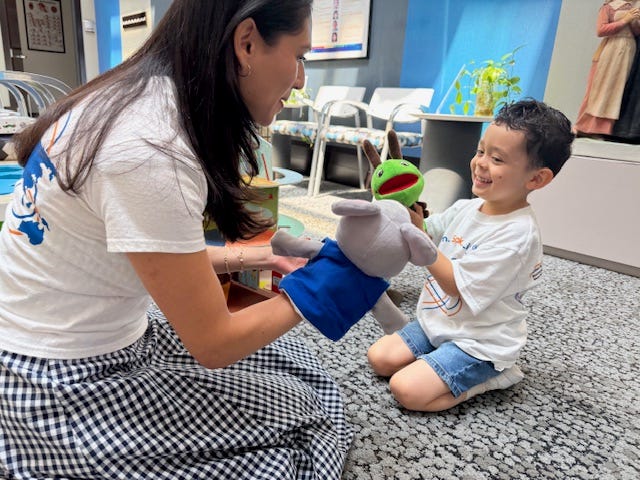
Speech Therapist Ana Hernandez works with 4-year-old Itza Vazquez.
“My name is Itza, and I am a person who stutters,” she instructs. “Duh,duh,duh dinosaur, was that a stutter?” she asks the toddler. “Uh, yes,” he giggles.
Vazquez’s mother Liliana Diaz-Vazquez says she started noticing Itza had a bit of a stutter about a year ago.
“He started preschool and we noticed some disfluency. He was blocking on words, repeating words,” she recalled.
The Vazquez family has a genetic history of stuttering on the male side of the family so it was not surprising to Itza’s parents.
“My husband has a stutter, his brother, my father in law and so far on the male side of the family. Knowing that, when I was pregnant, when I knew I was having a boy, we thought this might have this potential situation.” She said.
Diaz-Vazquez noticed her son's frustration with certain words and phrases, so she enrolled him in a special camp designed for kids and teens like him.
“He was becoming more self-conscious about his stutter, he became more frustrated.”
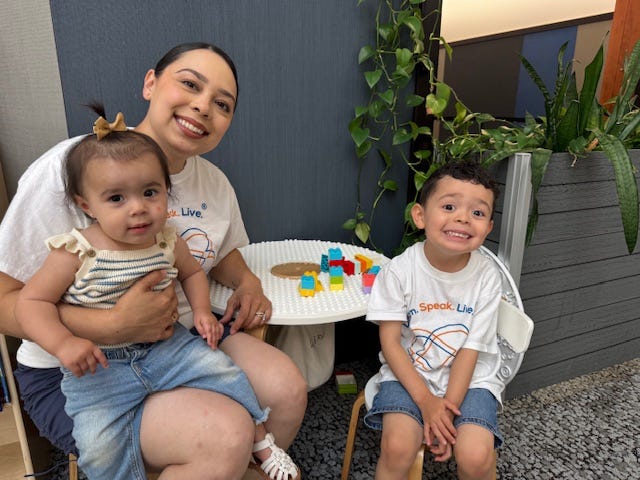
Camp Dream. Speak. Live. is a weeklong program for kids and teens who stutter.
“The camp is the first of its kind in Chicago. We serve students age 4-17. The teenagers learn and watch the young kids speak without a care, in their natural voice, stuttering openly and the little kids learn from the older kids about how responsible they are and how openly they stutter and communicate.” Said Hernandez, who leads the camp.
The camp met for the first time earlier this summer thanks to DePaul University, the Arthur M. Blank Center for Stuttering Education and Research in partnership with Adult Stuttering Services of Chicago.
“We have a nonprofit clinic and it operates as a living classroom. Our missions align so well,” said Dr. Jessica Wacker, DePaul University.
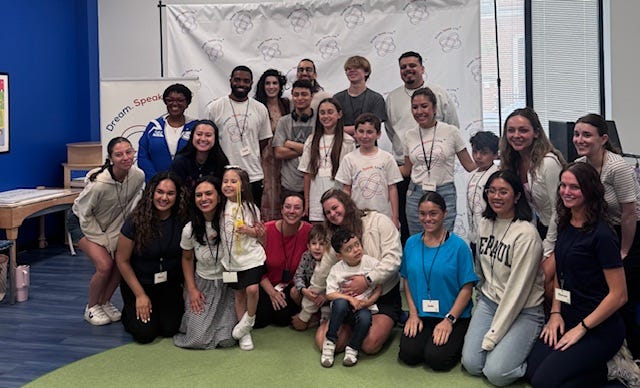
“It’s amazing that our grad students have this experience as volunteers in this camp. When I was in school, we were taught how to change a stutter, that’s what I learned and that’s what I did,” recalled Wacker. “When new research and evidence comes out in our field, we need to adapt and change. I’ve since learned there’s nothing to change with a person who stutters but their confidence and their ability to have their message heard,” said Dr. Wacker.
At least 1% of the population stutters, 3 out of 4 are boys.
“Stuttering is neurophysiological, which means that the way your brain, creates, processes, and executes the motor signals needed for speech is a little bit different in a person who stutters. So if you’re born with a brain like this, that’s your brain for life.” Said Hernandez.
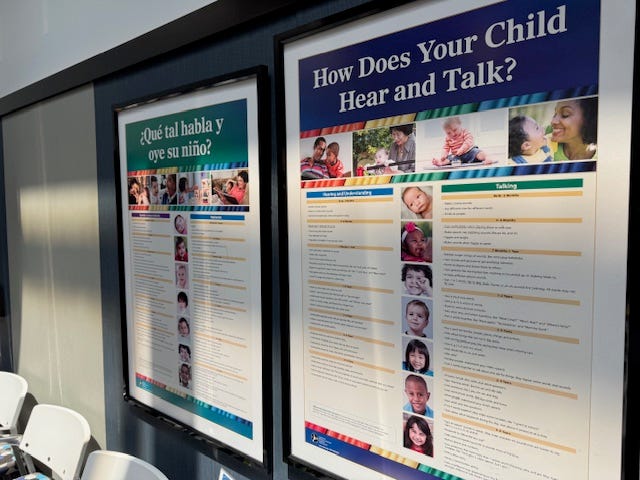
“People who claim to stutter less are likely hiding it. For people who go through the trouble of trying to hide their stutter so intensely, it takes over their lives, it takes over their mental health. People will not go to a party, people will not interview for a job, and people will not live their lives fully. We are trying to turn around the narrative and the perception of stutterers.” She said.
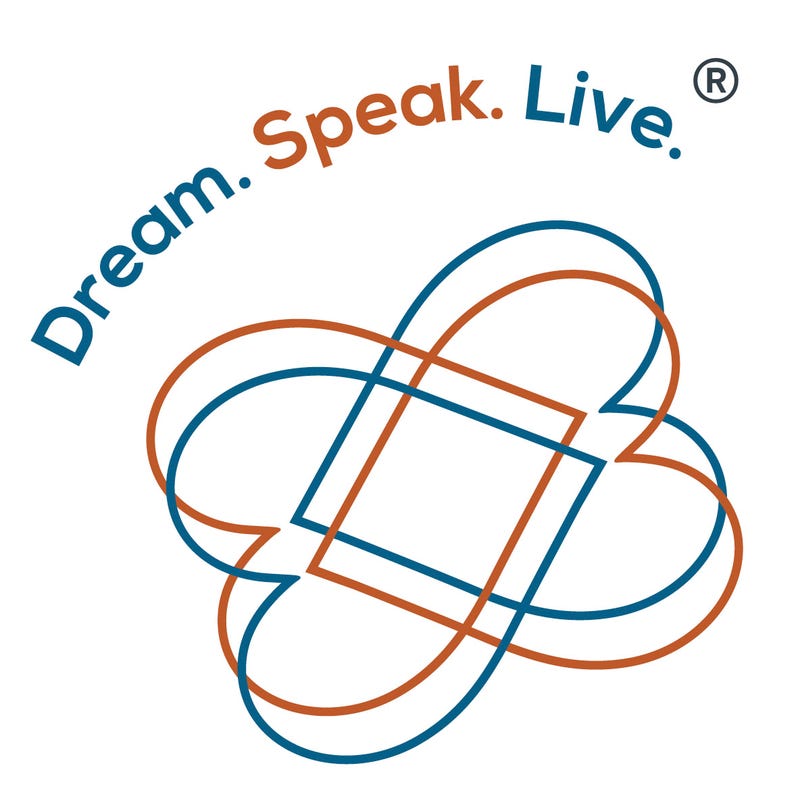
Hernandez uses something called the CARE Model in working with her patients.
“The CARE model is a first of its kind and it’s based on 20 years of research. It focuses on communicating effectively, not changing stuttering. We are not changing stuttering, we are focusing on affective communication and confidence. CARE stands for communication, advocacy, resiliency and education. Communication teaches them to stand tall, to speak loudly, to look at whoever they are speaking to, to use the words as opposed to avoiding words that they would normally use and that will include open stuttering.”
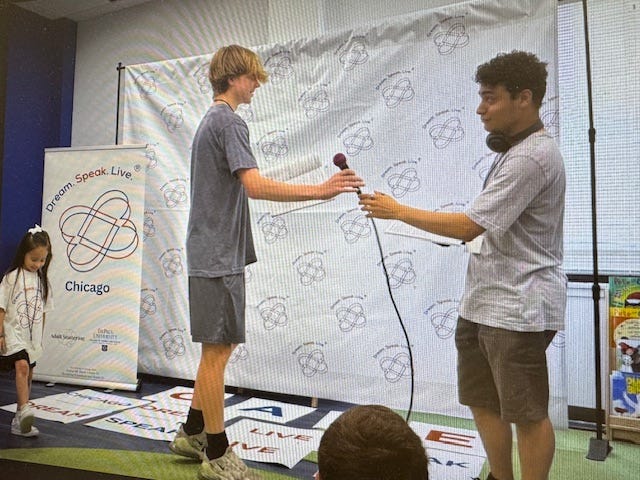
However, Hernandez says the challenge is turning around the narrative and destigmatizing stuttering.
“Stuttering is so stigmatized that families feel not ready to take this one sometimes. We know we are changing the narrative. We are telling people stuttering is ok,” she said.
“At no point do we try to reduce stuttering. They improve speech by talking and communicating more. We’re telling them that’s the way they naturally talk and we love the way they naturally talk.”
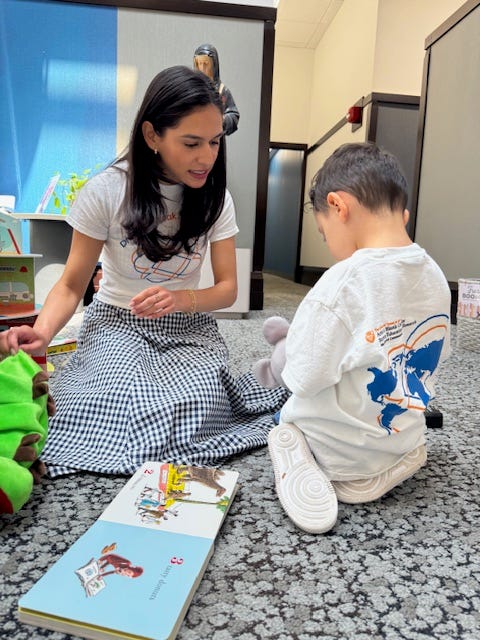
“If you think about how stigmatized it was to be left handed, it’s not anymore. If a child has asthma, it is not stigmatized. We hope to make stuttering as accepted as someone who is left handed.”
But experts from the American Speech-Language-Hearing Association (ASHA) refute the statistics and results. According to ASHA and other research-based sources, approximately 5% of all children will go through a period of stuttering, usually between the ages of 2 and 6. The vast majority—about 75%—will recover naturally without the need for long-term intervention and this natural recovery can occur over months or even a few years,
For Itza and his family, the camp, the program and its philosophy has made all the difference.
“This model really opened my eyes to supporting people who stutter,” said Diaz-Vazquez, who is also a speech therapist. “I’ve seen a difference in my son’s communication, he’s more confident now. Now he just speaks, if he stutters, he keeps going. We do not see stuttering as something we need to fix. Now we really implement it in our home. If he stutters, he just keeps going,” she smiled.
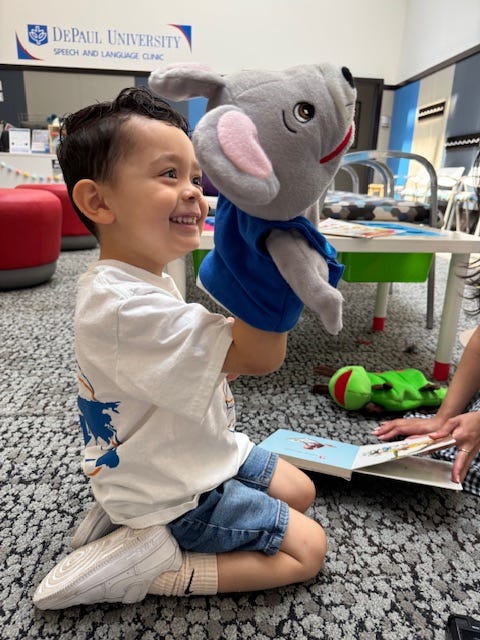
“I love this field because I get to be a small part in this huge change in the lives of children. Seeing the kids start camp and end camp with this confidence and poise and openness to talk about this thing that used to be something they were nervous about sharing, it’s amazing to be a part of that in a child’s life.” Said Dr. Wacker. “We want to be advocates and allies and be those change makers in our field. The more of those there are, the more accepting that the community will be and the more of this education will get out into the world”
Dr. Wacker says as long as the camp continues, they will host it at DePaul.
Hernandez says in the end, Camp Dream. Speak. Live. is about welcoming stutterers to a place where they realize quickly, they are not alone.
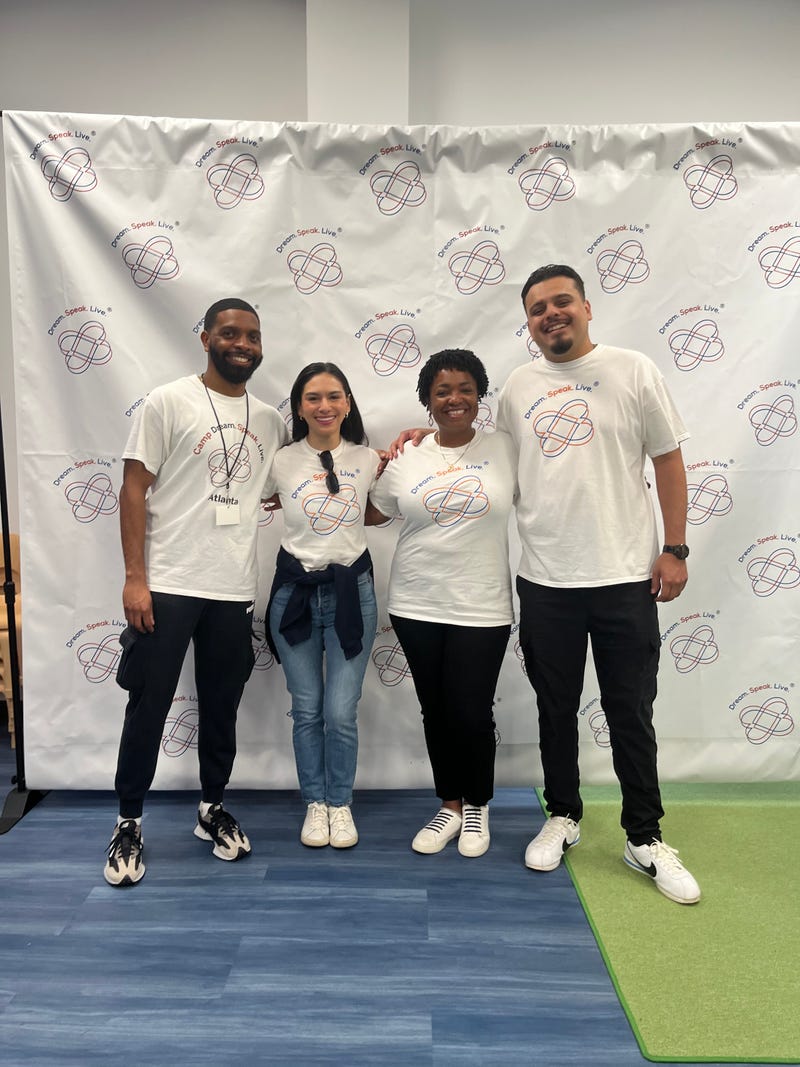
“To stutter openly is what Camp Dream, Speak, Live aims for. If we ask a person not to stutter, we are asking them not to talk, essentially. So instead of aiming to hide it or stigmatize it, we empower kids to stutter openly. If you’re a person who stutters, you have to stutter openly to communicate effectively,” said Hernandez. “Camp Dream. Speak. Live. is about building confidence, communication skills and a sense of community.”
Hernandez won Speech Therapist of the Year at the National Stuttering Association national conference, which is the largest stuttering organization in the world.
For more information about her, The Blank Center or Camp Dream. Speak. Live, log onto their website https://blankcenterforstuttering.org/
